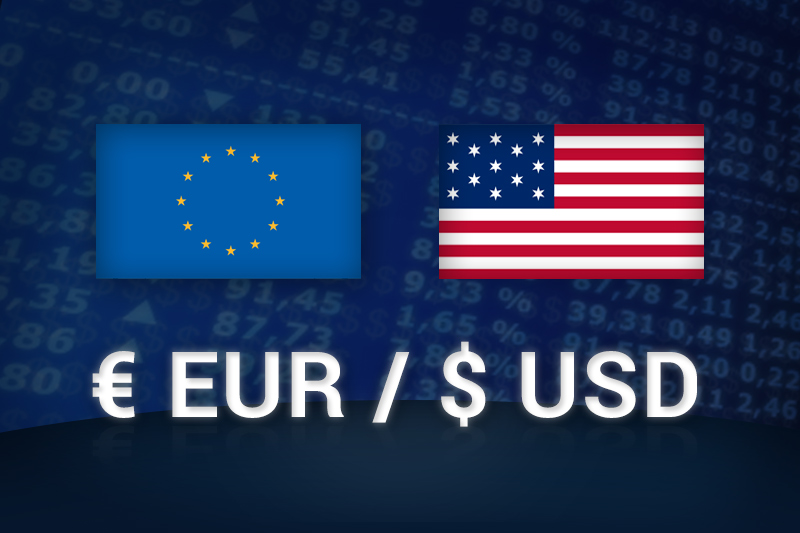Investing.com - The euro traded steady to lower against the dollar on Monday, as the greenback continued to see demand from Friday's better-than-expected jobs report, while soft Chinese trade figures spurred safe-haven demand for the U.S. currency.
Still, the euro saw some support on market sentiments that the European Central Bank is growing less likely to loosen policy further.
In U.S. trading, EUR/USD was trading at 1.3877, down 0.01%, up from a session low of 1.3862 and off a high of 1.3898.
The pair was likely to find support at 1.3707, Wednesday's low, and resistance at 1.3915, Friday's high.
The Bureau of Labor Statistics reported Friday that the U.S. economy added 175,000 jobs in February, beating expectations for a 149,000 increase.
January's figure was revised up to 129,000 from 113,000.
The data extended the dollar's gains into Monday, as the Federal Reserve has said it will pay close attention to data when deciding on how quickly it will dismantle its monthly bond-buying program.
Fed bond purchases, currently set at $65 billion a month, weaken the dollar by suppressing interest rates to spur recovery by encouraging investing and hiring.
Weak Chinese trade data supported the greenback as well by bolstering its appeal as a safe-haven asset class.
Data released over the weekend showed that Chinese exports fell 18.1% on-year in February, defying expectations for a 6.8% increase, following a rise of 10.6% in January.
A separate report showed that the annual rate of inflation in China slowed to 2.0% in February, from 2.5% in January.
The numbers confirmed market concerns that emerging markets are cooling.
Still, the euro saw some support on market views that the European Central Bank will hold off on stimulating the economy further.
Last week, the ECB left its benchmark interest rate unchanged at 0.5%, as recent data indicated moderate economic recovery was taking place in the euro zone.
Elsewhere in Europe, investor confidence in the euro zone for March rose to its highest level since April 2011, easing concerns over the outlook for the region’s economy, data showed on Monday.
Market research group Sentix reported earlier that its index of investor confidence improved to 13.9 this month from a reading of 13.3 in February. Analysts were expecting the index to increase to 14.0 in March.
On the index, a level above 0.0 indicates optimism, below indicates pessimism.
Separately, French industrial output fell unexpectedly in January, official data showed on Monday.
In a report, INSEE said that French Industrial Production fell to -0.2% in January from -0.6% in the preceding month.
Analysts had expected French Industrial Production to rise 0.2% last month.
The euro was up against the pound, with EUR/GBP up 0.46% to 0.8340, and down against the yen, with EUR/JPY slipping 0.01% and trading at 143.28.
On Tuesday in the euro zone, Germany is to release data on the trade balance, the difference in value between imports and exports.
